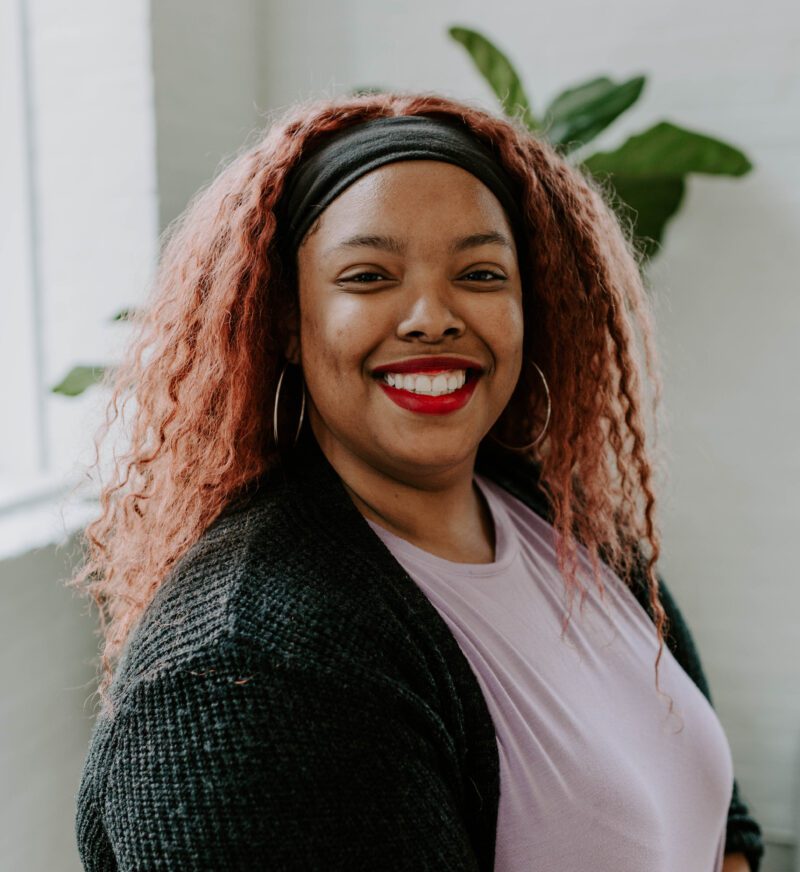How to Become a Better Listener
Good listening skills are essential to any conversation. It allows you to build relationships and ensure understanding with family, friends, partners, and more.
Think for a moment about an experience most of us may have had where you’re sharing something important to you. Still, your conversation partner is looking at their phone, injecting to offer their perspective, not asking questions, or getting defensive. This type of conversation may cause you to feel unheard and want to stop sharing in response.
Communication is about how you speak to someone, but listening is equally as important. No matter how light or heavy a topic is, ensuring you have a good foundation of listening for a successful conversation is vital.
Stay Focused and Give Attention
To be a good listener, limiting distractions helps to tune into the person you are speaking to. Focus is key in communication, resulting in distractions impacting our ability to focus.
You want to start by eliminating distractions, such as putting down and muting your phone, the TV, or computer screen. This way, you can turn your body and attention to your conversation partner, showing you want to listen and react in the moment. You can show interest with verbal and nonverbal cues, such as direct eye contact, nodding your head, and asking questions.
Ask Questions
It is helpful for communication to limit assumptions and concentrate on trying to understand. Sometimes, we listen to others and try to make sense of what we heard without asking further questions to gain information.
Through questions, we show engagement in the conversation and paying attention. The type of questions to ask are meaningful and open-ended, starting with words like how, why, when, etc. Your questions should be supportive and help the other person feel comfortable to share.
Listen With Empathy, Not Judgment
Becoming a better listener is to have empathy. This is directing your attention to trying to understand another person’s reality. In communication, it takes effort to connect, but it can be easier with someone attempting to understand what one is going through. Even if it’s not your experience, you can resonate with someone through emotions.
Restrict any judgment that may present in these conversations so you can keep an open mind. Empathy goes a long way, and it takes patience to do so. Don’t stress yourself about saying the “right thing,” simply be present, listen, and participate in the conversation.
Reach Out
We listen to understand, learn, and gain information. However, listening can be difficult in certain conversations. If you find it hard to listen to others actively or would like to work on listening with your partner, consider counseling to find support, resources, and tools.
Bria Mccalpin

Related Articles
-
Unlocking Effective Communication – Part 1
In life, we often shy away from the most important conversations due to fear. We worry...
Read More -
Coming Out: Not An Event But A Process
The term “coming out” is a common phrase used in the LGTBQIA+ community in sharing their...
Read More -
Binary Thinking vs Values
From picking out what to wear each morning, to managing projects at work, our days are...
Read More